Forget those staged cultural shows at tourist resorts – these villages offer something real, where daily life unfolds as it has for generations. Here, traditions aren’t performances; they’re a way of life, and visitors aren’t just observers but temporary participants in centuries-old customs.
Let’s explore communities where GPS might fail you, but local hospitality never will, where every visit becomes a lesson in living history, and where cultural authenticity isn’t a marketing phrase but a daily reality.
Bine Village

Hidden in Ethiopia’s Omo Valley, this Hamer community maintains traditions as vibrant as their beadwork. Women with ochre-colored hair craft jewelry that tells stories of status and seasons.
The famous bull-jumping ceremony here isn’t tourist entertainment – it’s a real rite of passage that happens when young men are ready, not when tour buses arrive.
Samburu Manyatta
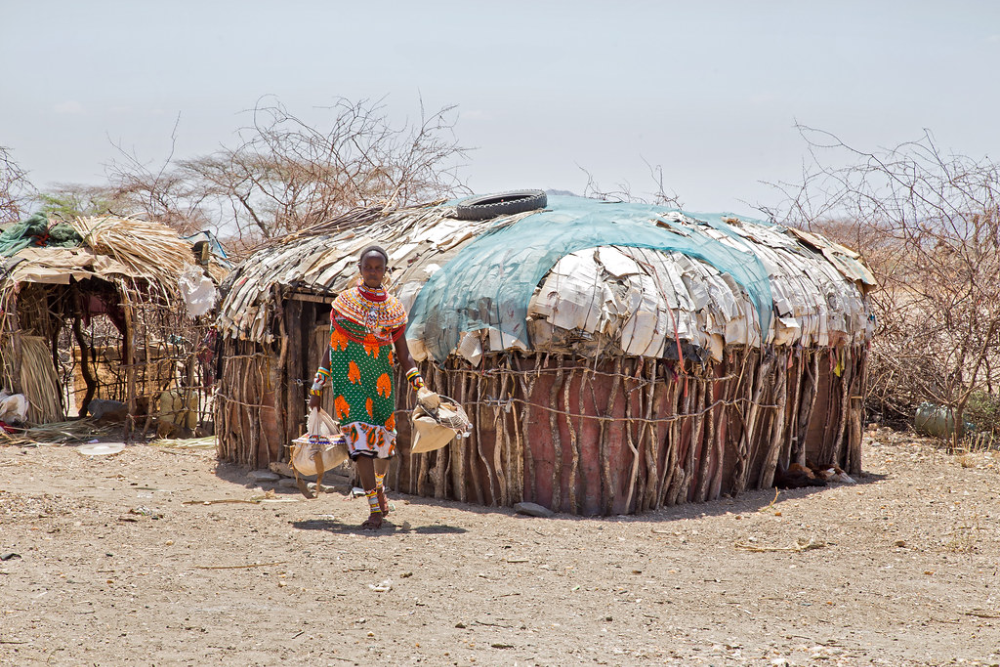
Nestled in Kenya’s northern frontier, these settlements show how traditional life adapts to modern times without losing its essence. Warriors still protect their cattle while checking smartphones, and ancient beadwork patterns now include contemporary colors.
Evening storytelling sessions around the fire make Netflix feel irrelevant.
Like Travel Pug’s content? Follow us on MSN.
Walata
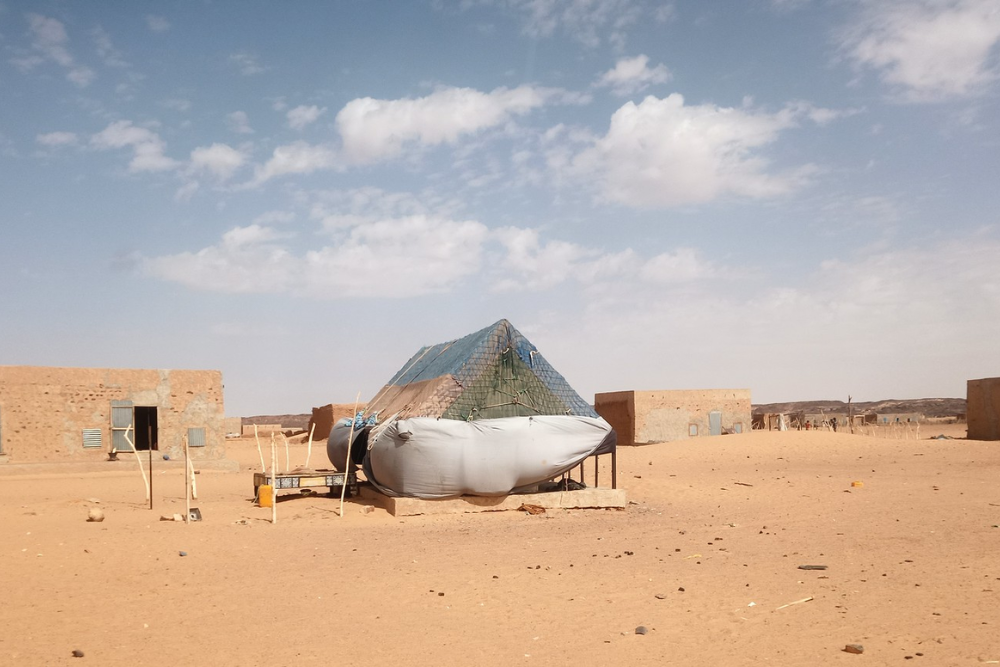
This ancient Mauritanian trading post looks like it was carved from desert stones by wind spirits. Locals still paint their doorways with geometric patterns that could inspire modern artists.
The evening call to prayer echoes through streets that haven’t changed their layout since caravans crossed the Sahara.
Gandiol
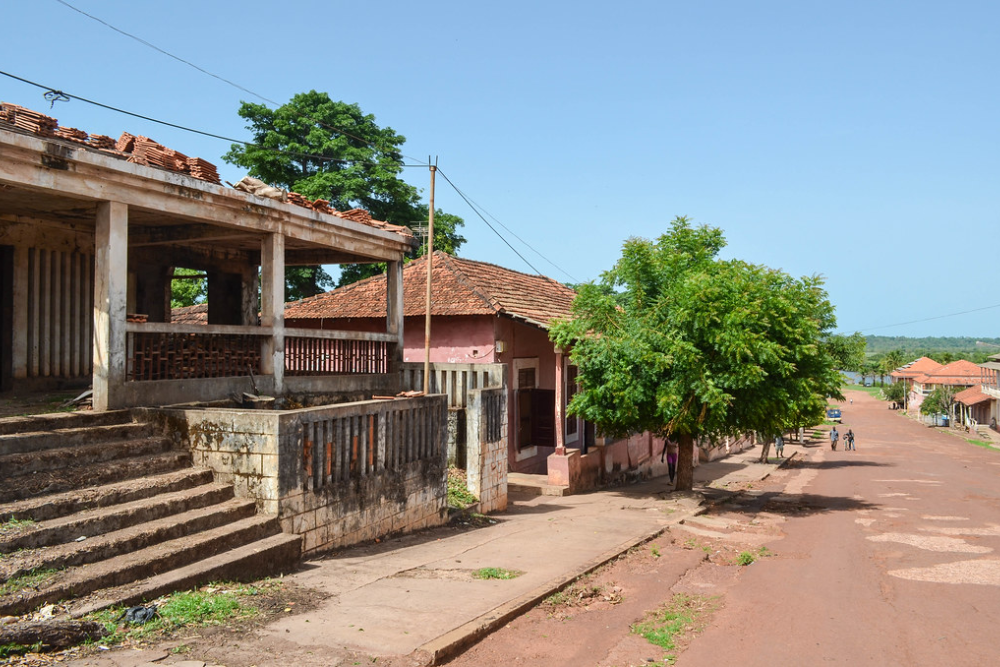
Senegal’s fishing village where traditional methods meet modern conservation. Wooden pirogues painted in eye-popping colors dot the shoreline like giant water butterflies.
Local women process the catch using techniques passed down through generations while telling stories that make time disappear.
Tiébélé
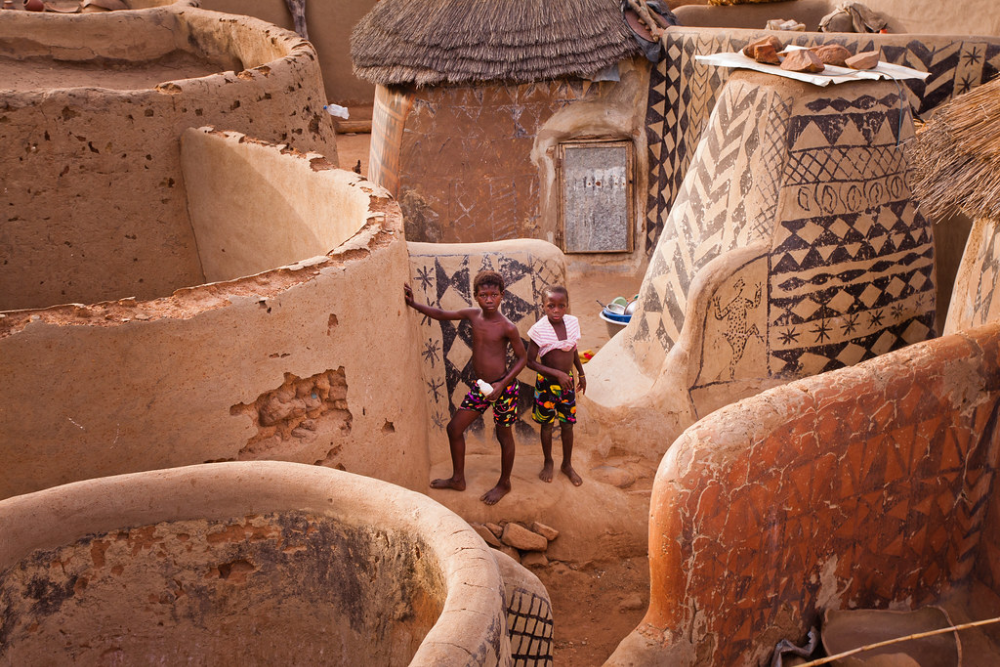
Burkina Faso’s royal village where every home is a masterpiece of Kassena art. Women paint their earthen walls with natural pigments in patterns that carry ancient meanings.
The royal court still handles community matters under a baobab tree older than written records.
Like Travel Pug’s content? Follow us on MSN.
Benin’s Tata Somba
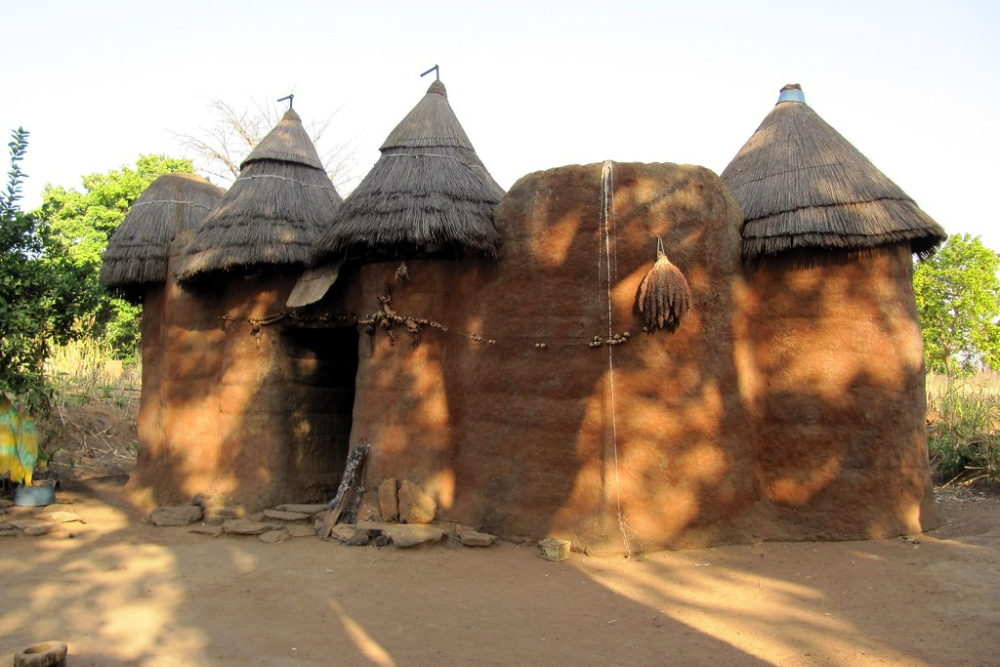
These fortified mud towers in northern Benin look like nature’s version of apartment living. Built by the Somba people, each home is a self-contained world of living spaces, granaries, and livestock pens.
The rooftop terraces offer sunset views that make you forget about time zones.
Great Mosque of Djenné
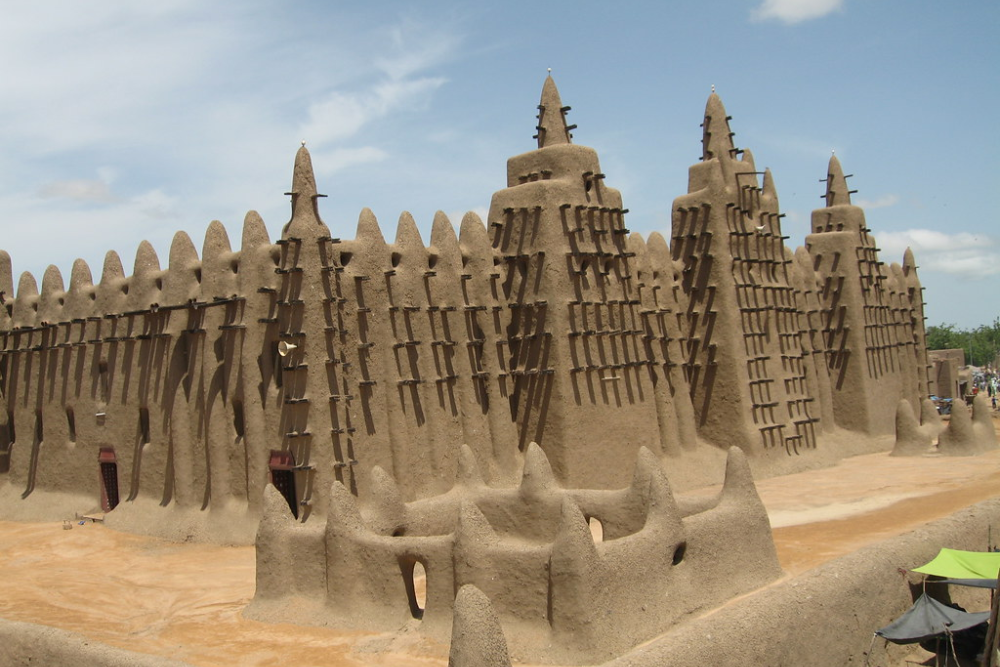
Mali’s living monument, where an entire community gathers annually to replaster the world’s largest mud building. The market square below buzzes with trade conversations in languages older than colonial borders.
Local masons pass down building techniques through apprenticeships rather than textbooks.
Karo Village
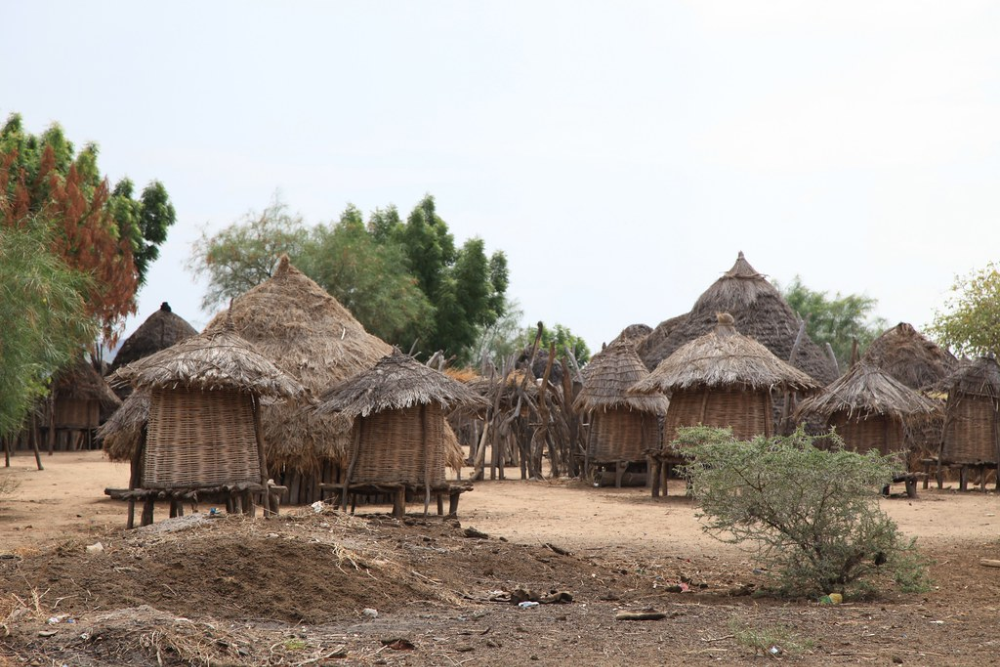
Perched above Ethiopia’s Omo River, these master body painters turn human skin into living canvases. Every design tells a story about age, status, or recent achievements.
The village’s cliff-top location provides natural air conditioning and crocodile-free views.
Like Travel Pug’s content? Follow us on MSN.
Lesedi
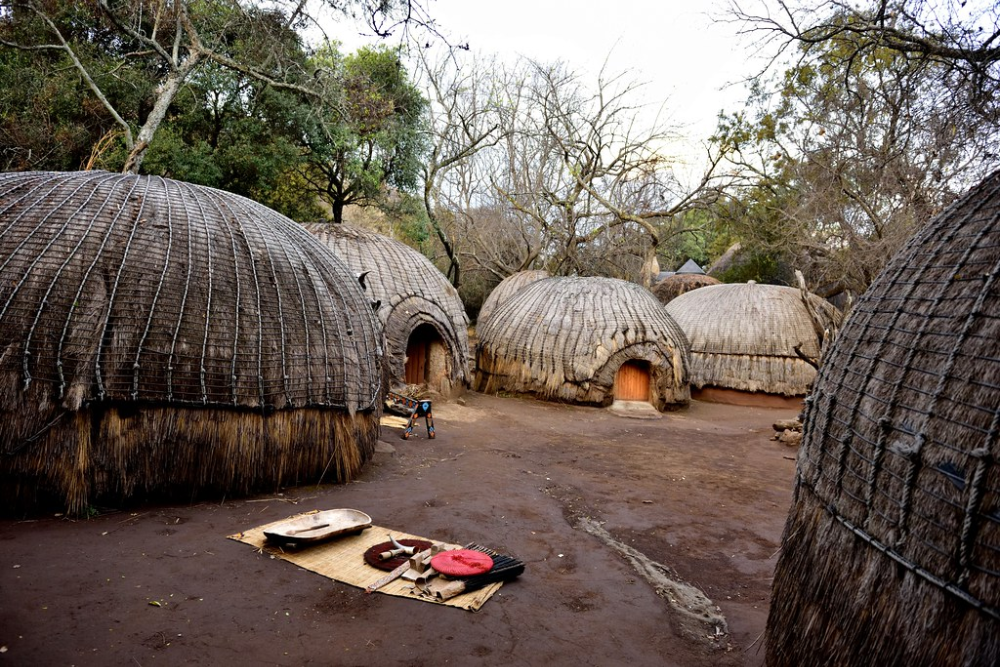
South Africa’s Ndebele community, where geometric designs bring walls to life. Women wear neckrings and beadwork that could put modern jewelry designers to shame.
Traditional doctors still gather herbs from surrounding hills, knowing which plants heal body and spirit.
Nzulezo
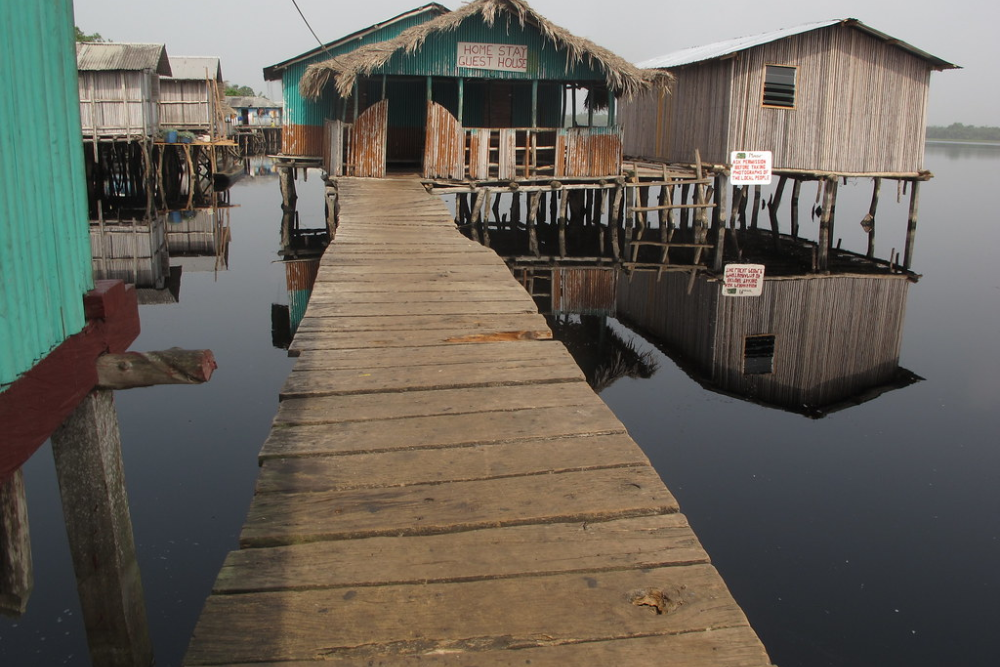
Ghana’s stilt village floating on Lake Tadane proves humans can adapt to any environment. Children paddle to school in canoes like others might take a school bus.
The entire community moves in rhythm with the water, and their daily lives are a masterclass in sustainable living.
Kurya Homestead
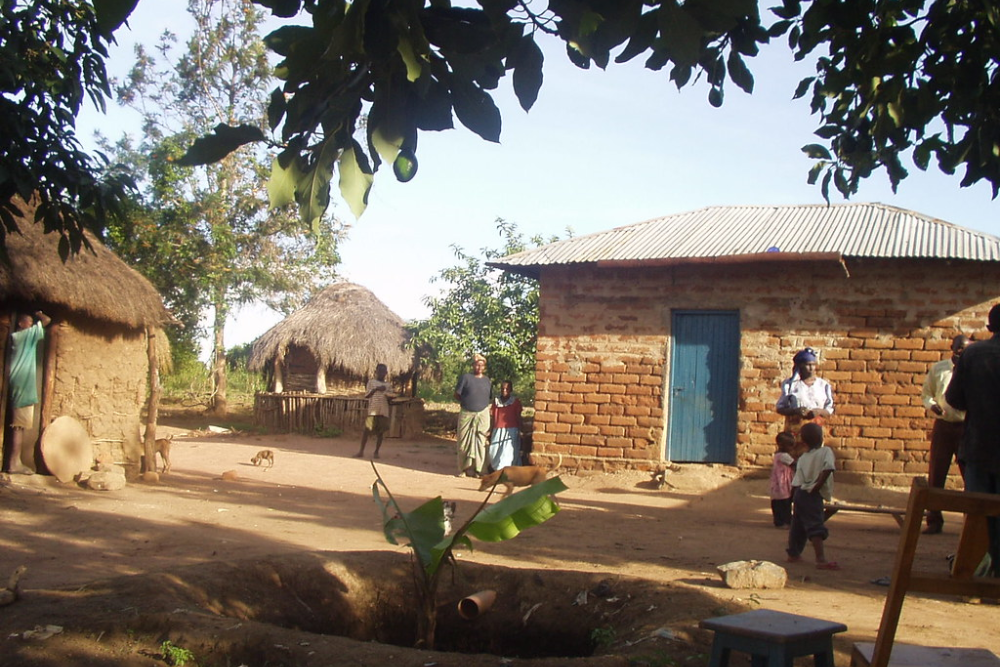
Tanzania’s circular villages where cattle still determine wealth more than bank accounts. Warriors transition from smartphones to traditional ceremonies without missing a beat.
Evening dances happen because the community feels like celebrating, not because tourists arrived.
Like Travel Pug’s content? Follow us on MSN.
Chefchaouen’s Rif Villages
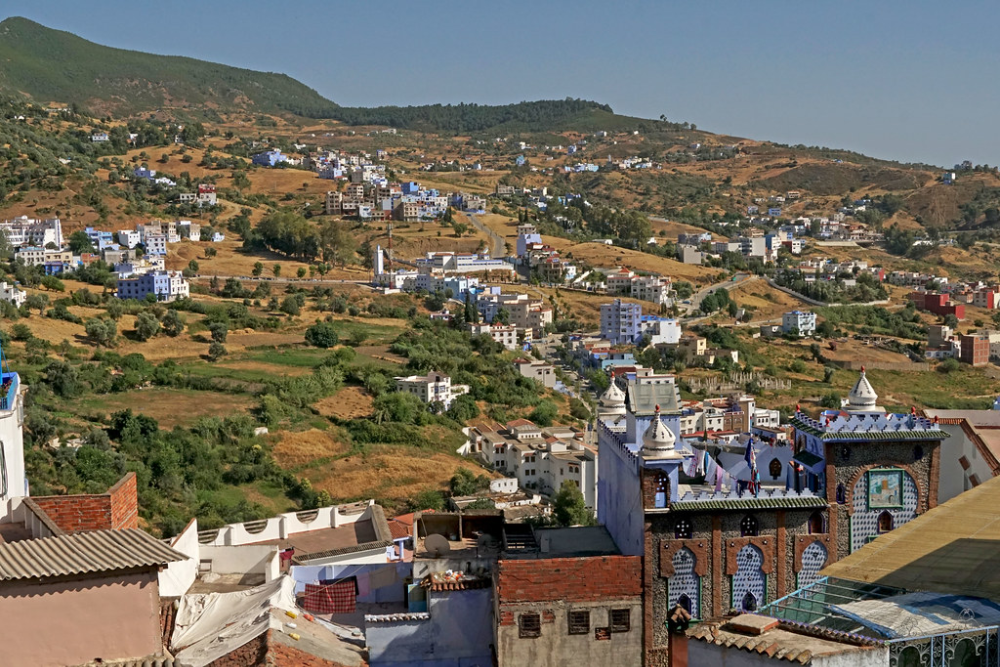
Morocco’s blue mountain communities where Berber traditions thrive in painted alleys. Bread is still baked in communal ovens that have served generations.
Shepherds lead their flocks through ancient paths while wearing traditional djellabas and carrying Samsung phones.
Dogon Villages
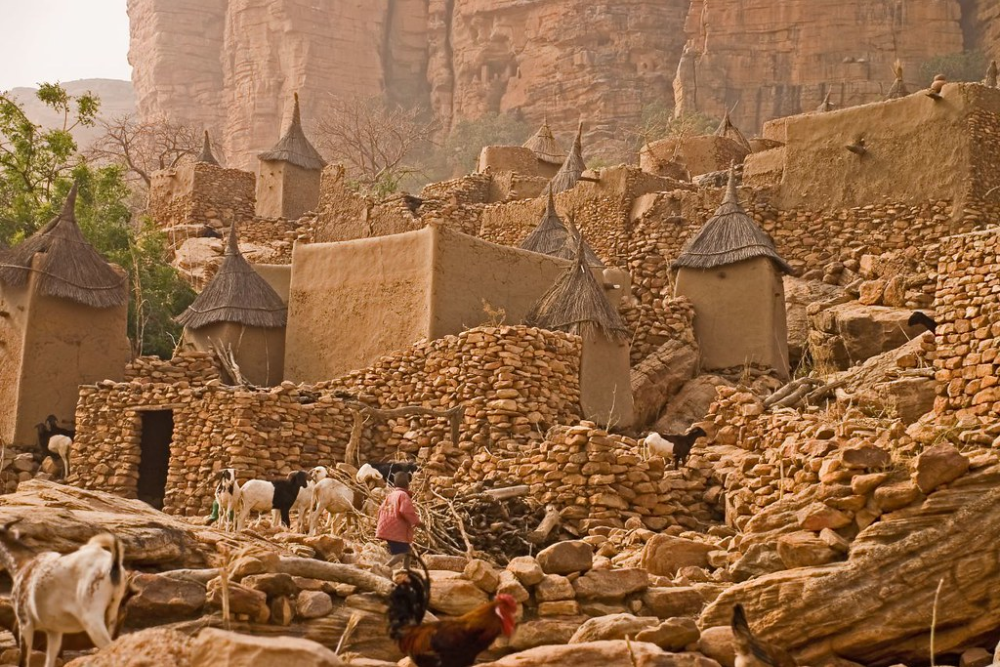
Mali’s cliff dwellers built homes into escarpment faces that looked impossible to reach. Mask dances here aren’t performances but serious spiritual events.
The village’s astronomical knowledge predates modern telescopes by centuries.
Himba Settlement
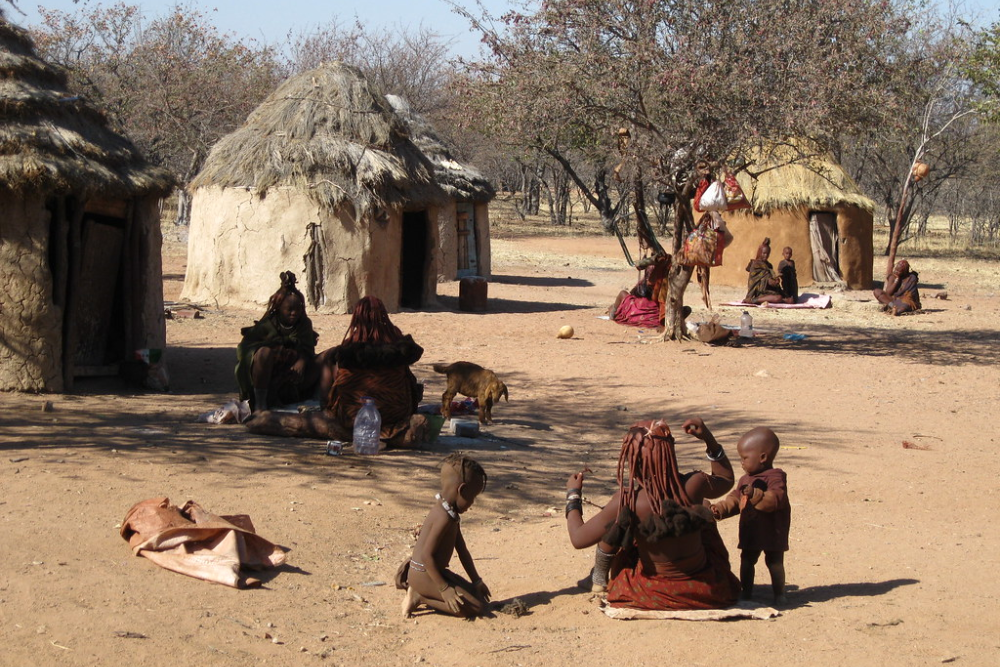
Namibia’s ochre-colored community where ancient beauty traditions meet harsh desert life. Women spend hours on hair and body care using methods unchanged for generations.
Their temporary homes are masterpieces of nomadic architecture.
Like Travel Pug’s content? Follow us on MSN.
Maasai Enkang
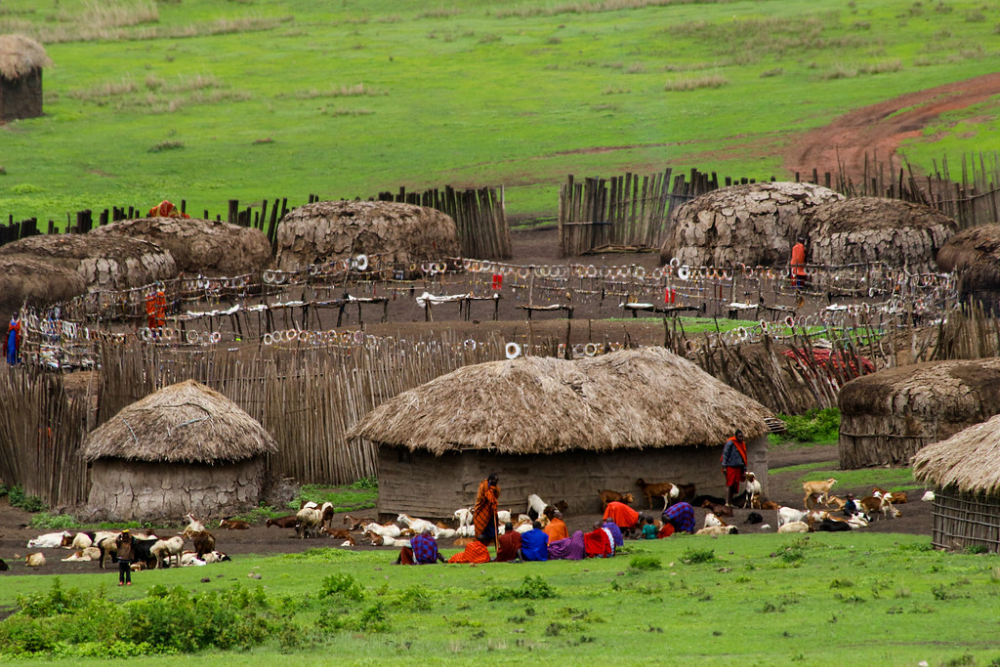
Kenya’s circular villages where warriors still protect cattle from lions while wearing traditional red shukas. Young men perform jumping dances that have nothing to do with tourist cameras.
Evening meetings under acacia trees solve community issues without the need for written laws.
Mangola

Tanzania’s Lake Eyasi community, where Hadza hunter-gatherers maintain traditions older than agriculture. Morning hunting parties head out with bows and arrows, returning with ancient knowledge of tracking.
Evening storytelling sessions pass down survival skills that Google can’t teach.
Zulu Umuzi

South Africa’s traditional homesteads where beadwork carries messages only initiates can read. Warrior traditions adapt to modern times while keeping their spiritual core.
The community’s respect for ancestors shapes every major decision.
Like Travel Pug’s content? Follow us on MSN.
Batwa Settlement
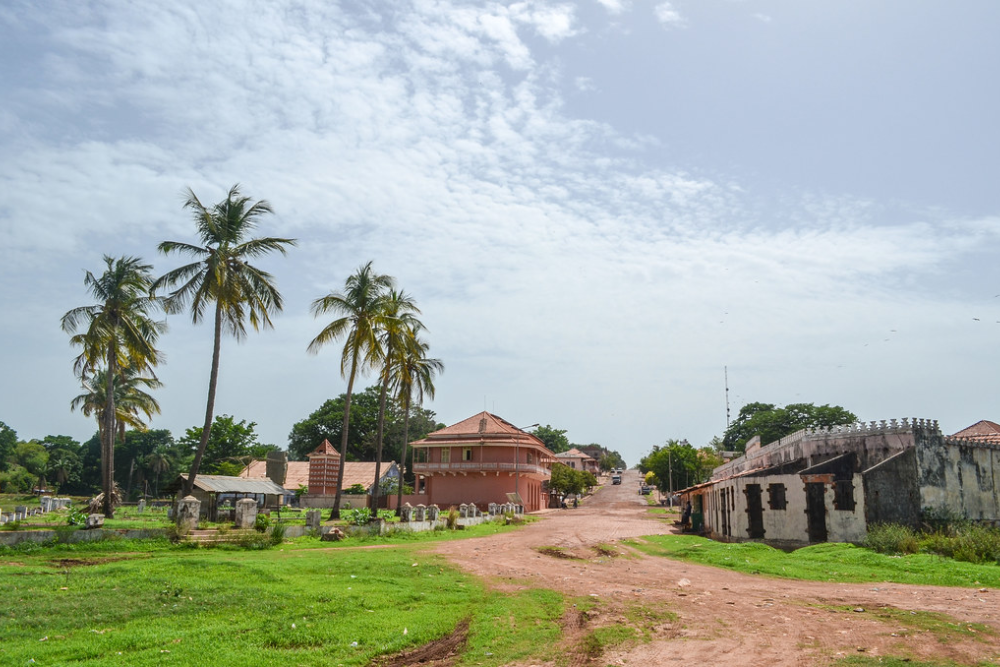
Uganda’s forest people maintain ancient connections to the land despite modern challenges. Traditional healing knowledge gets passed down through apprenticeships and oral tradition.
Their honey-gathering techniques have remained unchanged since before written history.
Tuareg Camp
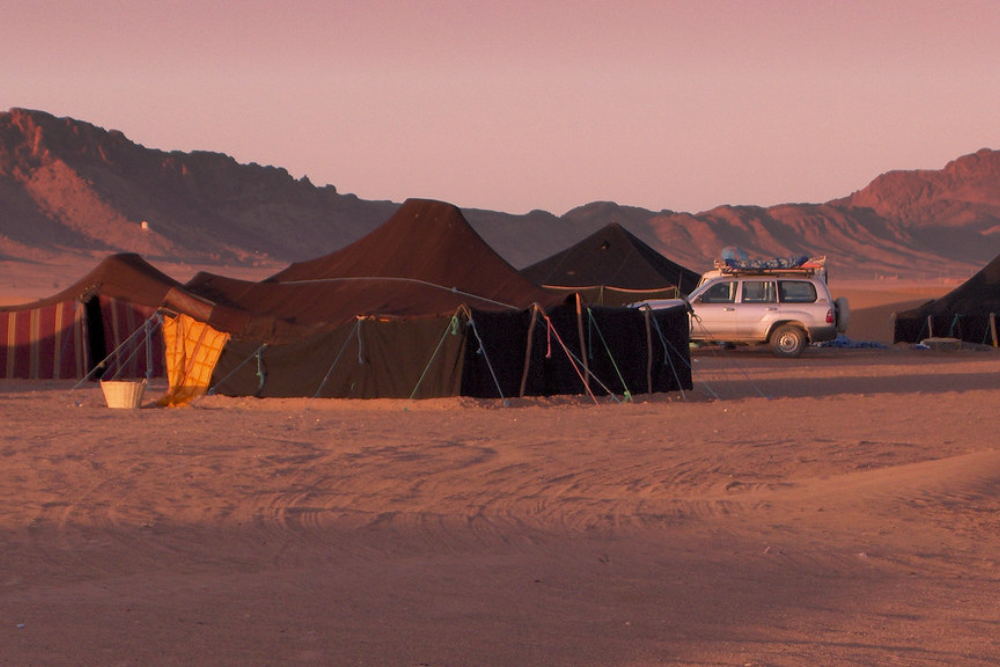
Niger’s desert nomads who read the stars better than GPS. Their silverwork tells stories of family histories and desert crossings.
Traditional music sessions around the fire make you realize why desert blues became world famous.
Loita Hills Village
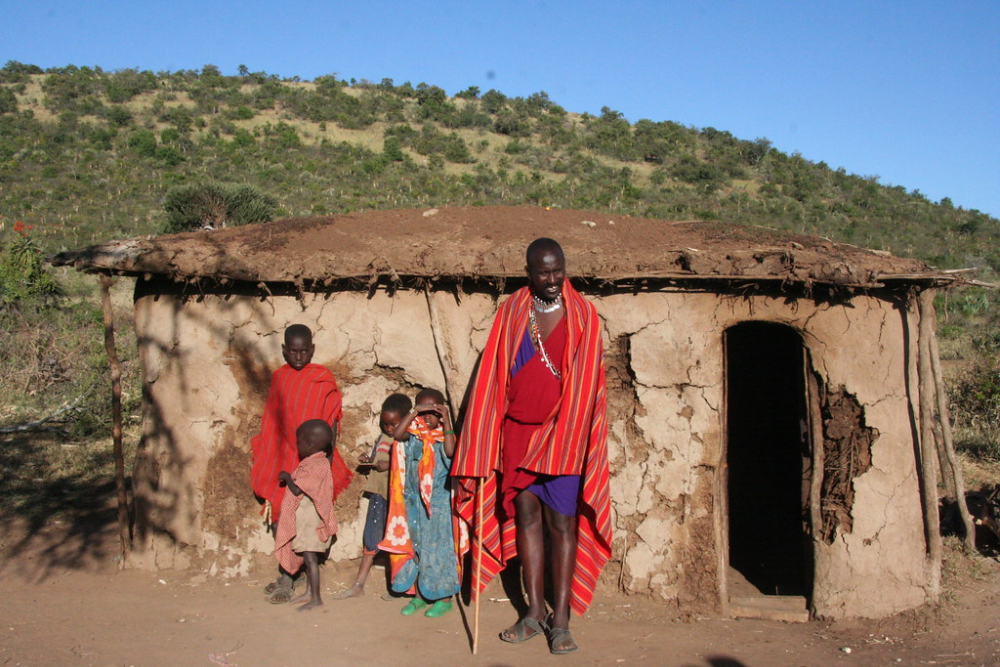
Kenya’s forest community where Maasai traditions remain strong because they choose to keep them. Young warriors still undergo traditional training while elders debate community matters under sacred trees.
Modern education happens alongside ancient wisdom sharing.
Like Travel Pug’s content? Follow us on MSN.
Living Heritage
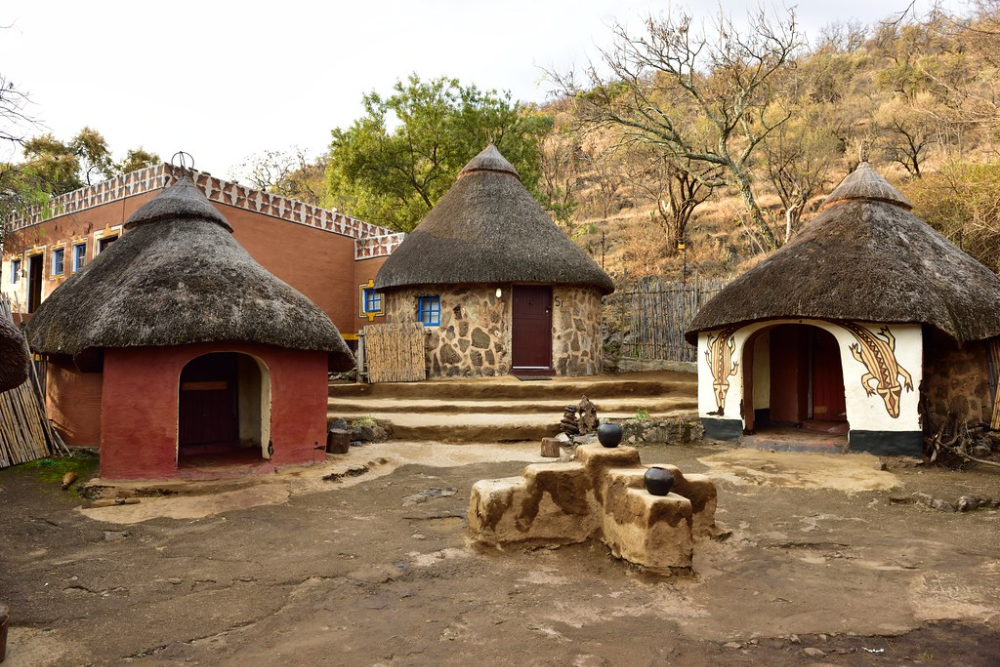
These villages remind us that authentic culture isn’t frozen in time but evolves while keeping its soul intact. They prove that tradition doesn’t mean primitive and that ancient wisdom often has modern applications.
Visitors should remember they’re entering living communities, not museum exhibits – respect, patience, and genuine interest open more doors than camera clicks ever will.
More from Travel Pug

- 20 Towns Built for One Purpose That Were Later Abandoned
- 15 Hidden Spots in Disney World’s Magic Kingdom Most Visitors Miss
- 15 Most Scenic Walks Anywhere in The World
- 15 Canyons in the U.S. That Are Just as Stunning as the Grand Canyon
- 10 Under-the-Radar Mountain Towns That Are Both Affordable and Beautiful
Like Travel Pug’s content? Follow us on MSN.
